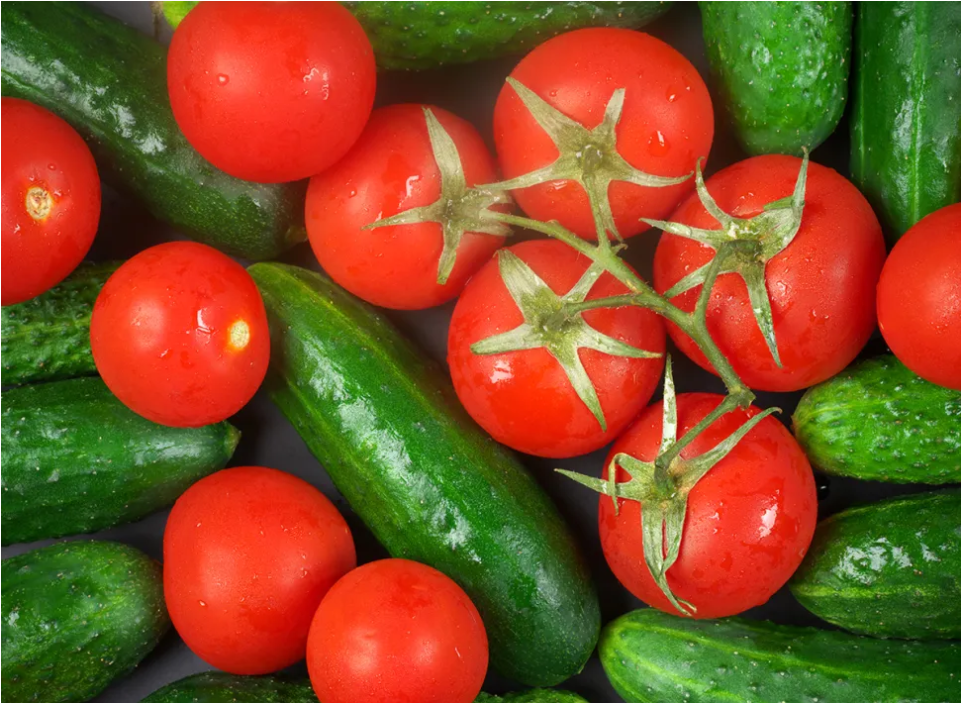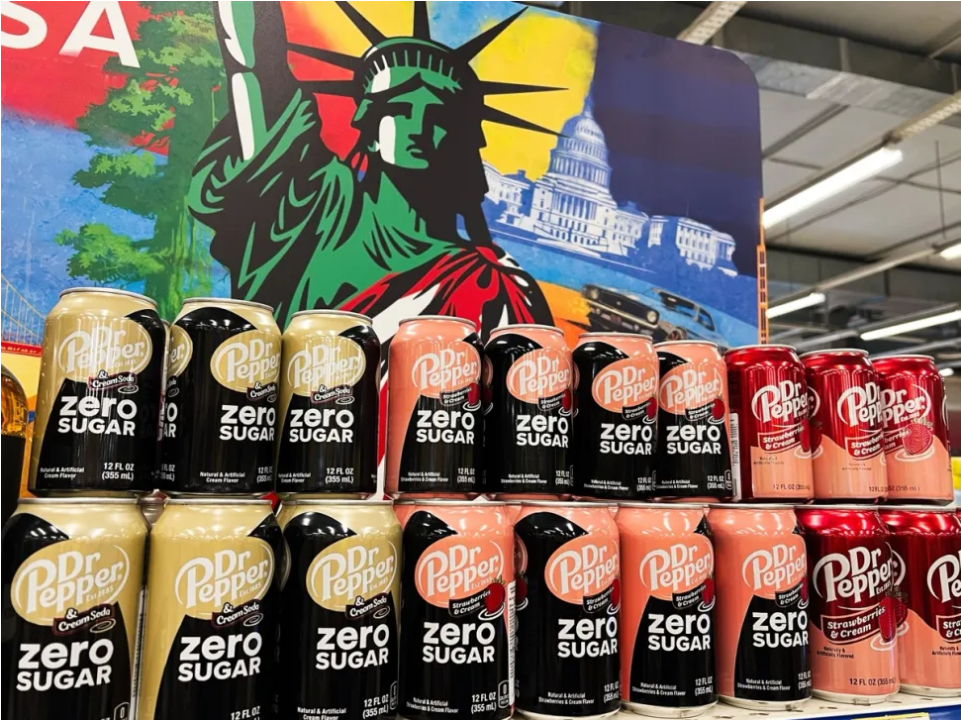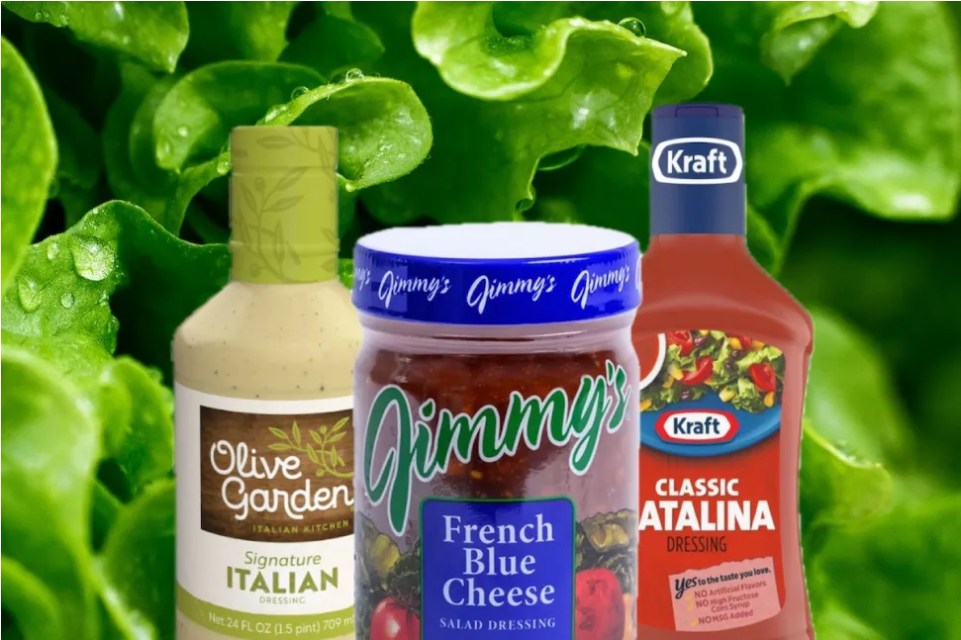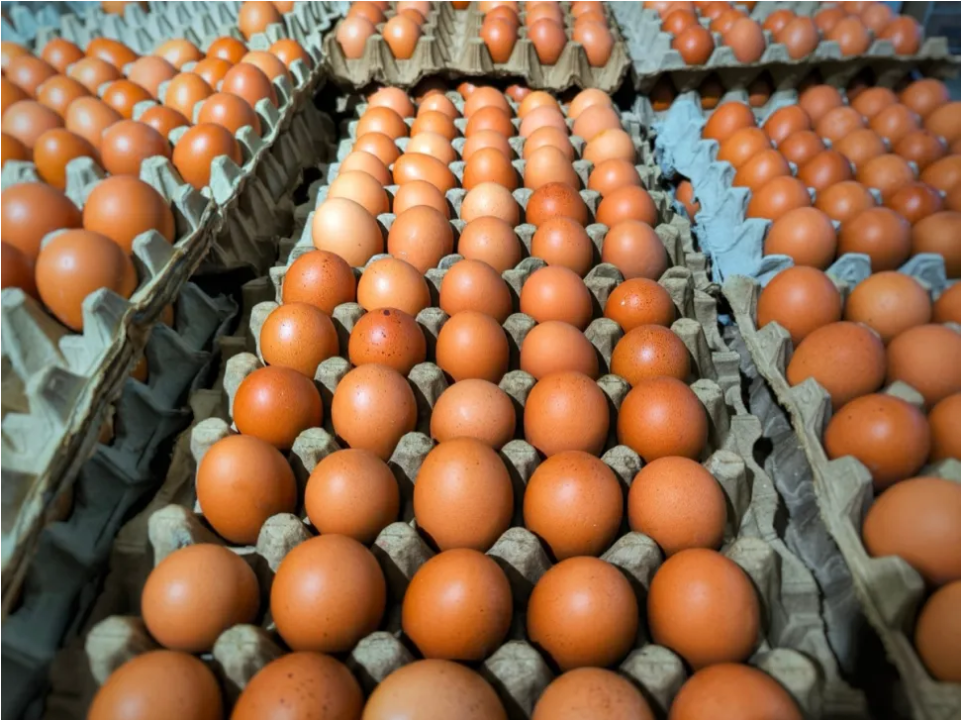Latest Healthy Eating News
Tempeh: The Protein-Packed, Gut-Friendly Meat Alternative You Need to Try
Amid the ongoing debate about meat, many people seek protein sources that…
Why I Eat Protein-Only Dinners Four Nights a Week—and What I’ve Learned Along the Way
Dinner has always been the trickiest meal of my day. Long before…
The Beauty and Brain Boost of Vitamin B: 9 Foods You Need Daily
Vitamin B isn’t just essential—it’s a multitasking powerhouse for the body and…
Do you think it’s healthy? The truth about the five popular snacks that nutritionists strongly recommend to avoid
Snacks, as a small blessing in daily life, are often our first…
Green tea vs. coffee: Which drink is better for your health and vitality?
Every morning, a cup of hot drink is a ritual for many…
7 Habits You’re Inadvertently Using to Destroy Your Metabolism
Metabolism is the process by which the body converts food into energy,…
Health trap: Beware of the most unhealthy salad dressings on the market
Salad should be a symbol of healthy eating. A bowl of colorful…
Recent Salmonella outbreaks and symptoms caused by tomatoes and cucumbers
Recently, two outbreaks of Salmonella infections related to fresh fruits and vegetables…
Analysis of the June 2025 Large Egg Recall: Beware of the Risk of Salmonella Infection
Recently, there have been 79 cases of salmonella infection caused by eggs…















